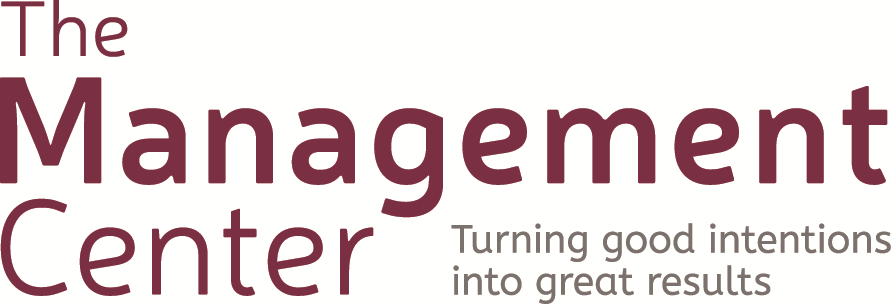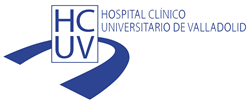mark parker miller i ’m a doctoral candidate (abd) in art history and the parent of two daughters (one who is 7 and one who turns 4 in oct
Mark Parker Miller
I ’m a doctoral candidate (ABD) in art history and the parent
of two daughters (one who is 7 and one who turns 4 in October). In
August, Beth and I vacationed in Vermont to celebrate our 20th wedding
anniversary. For nearly 18 of the years we’ve been together my goal
has been to become a professor. I was a teaching assistant for three
years–two at the University of Massachusetts (while obtaining my
masters degree) and one at the University of Delaware. At UD, I also
have been the instructor for three courses on my own.
I think my students would describe me as a teacher who is accessible,
fair, creative and persistent (okay, some might say stubborn). I
usually avoid specialized vocabulary, choosing instead to explain
concepts in language that is understandable to a wider audience. I try
to demystify art—I want students to be able to relate to art and talk
about it without being intimidated. I also try to challenge students
to look beyond their own biases. Much about how I teach is motivated
by a concern for justice. I try to be a good listener and to make it
comfortable for students to talk with me and ask questions. I look for
ways to reach out to students who might be feeling marginalized (what
can I do so no one is left out?). I’m willing to try unconventional
approaches, to challenge the status quo—I don’t necessarily do things
the easy way, especially if I see a way that might be better. And I
don’t give up easily—sometimes that’s good, sometimes not. My friends
know me as a person with a great sense of humor, but I suspect my
students don’t see enough of that side of me.
My favorite teacher was probably Walter Denny, who teaches at the
University of Massachusetts. His style was down-to-earth, presenting
art history in a way that made it very accessible. His expectations of
students and his ideas about teaching were remarkably practical (while
also embodying much idealism). He advised students to build on their
strengths when selecting research topics. Instead of asking students
to recall memorized names and dates as is part of too many art history
exams, Walter’s tests had a section of short answer questions about
information that seemed more important for understanding and
interpreting the art. For graduate students, he was a wellspring of
practical advice on the craft of being an art history professor. He
was also very entertaining—he understood the important role that humor
and performance plays in communicating to an audience. He would warn
students that there is a special layer of hell reserved for those who
harm library books (especially art books). I also admire that he
wasn’t afraid to take a position and express opinions.
The most difficult moment in my teaching happened the first time I was
a TA (for a class Walter Denny was teaching, coincidently). It was
after I returned the first assignments that I had ever graded. When I
got back to my office there was a long line of upset students waiting
to talk with me. For much of an afternoon I met with them one at a
time to talk about why I graded their work the way I did. Some were
very emotional; with some there were tears; it was such a painful
experience! Fortunately, it’s never been that bad since then. My more
recent students probably wouldn’t call me an easy grader, so maybe I’m
just more tactful in my grading.
I’m a native of central Pennsylvania, where I attended public schools
through high school and where I obtained a BA in German language and
culture at Juniata College (a private, liberal arts institution). I
also studied for a year in Germany as an undergraduate (Philipps
Universität, Marburg) and lived for about five years in Ohio before
moving to Massachusetts (and studying at a large, public, research
university). My parents did not attend college and while some of my
siblings have a bachelor’s or master’s degree, I’m the first to pursue
a Ph.D.
 SOLICITUD DE CONCURSO EN LA CONVOCATORIA DE PREMIOS EXTRAORDINARIOS
SOLICITUD DE CONCURSO EN LA CONVOCATORIA DE PREMIOS EXTRAORDINARIOS NEWS RELEASE FOR MORE INFORMATION JULIE FRITSCH NAAE COMMUNICATIONSMARKETING
NEWS RELEASE FOR MORE INFORMATION JULIE FRITSCH NAAE COMMUNICATIONSMARKETING HEALTH CARE REFORM (HCR) FULLTIME MANDATE FREQUENTLY ASKED QUESTIONS
HEALTH CARE REFORM (HCR) FULLTIME MANDATE FREQUENTLY ASKED QUESTIONS LABORATORIS PE FIB GUIÓI B5 NOMS BLOC5 COMPARACIÓ
LABORATORIS PE FIB GUIÓI B5 NOMS BLOC5 COMPARACIÓ IVIG A BRIEF INTRODUCTION SARA C KOENIG MD INTRAVENOUS
IVIG A BRIEF INTRODUCTION SARA C KOENIG MD INTRAVENOUS GETTING ALIGNED DELEGATING UPWARDS SETTING YOURSELF UP FOR SUCCESS
GETTING ALIGNED DELEGATING UPWARDS SETTING YOURSELF UP FOR SUCCESS ZAŁĄCZNIK NR 4 DO REGULAMINU REKRUTACJI I PRZYZNAWANIA ŚRODKÓW
ZAŁĄCZNIK NR 4 DO REGULAMINU REKRUTACJI I PRZYZNAWANIA ŚRODKÓW AVDA RAMÓN Y CAJAL 3 47003 VALLADOLID TEL
AVDA RAMÓN Y CAJAL 3 47003 VALLADOLID TEL S MALL EMBEDDED GENERATION MARCH 2012 SMALL EMBEDDED GENERATION
S MALL EMBEDDED GENERATION MARCH 2012 SMALL EMBEDDED GENERATION ORDENANZA N° 1747CM07 DESCRIPCION SINTETICA ASIGNACIÓN NOMBRE A CALLES
ORDENANZA N° 1747CM07 DESCRIPCION SINTETICA ASIGNACIÓN NOMBRE A CALLES